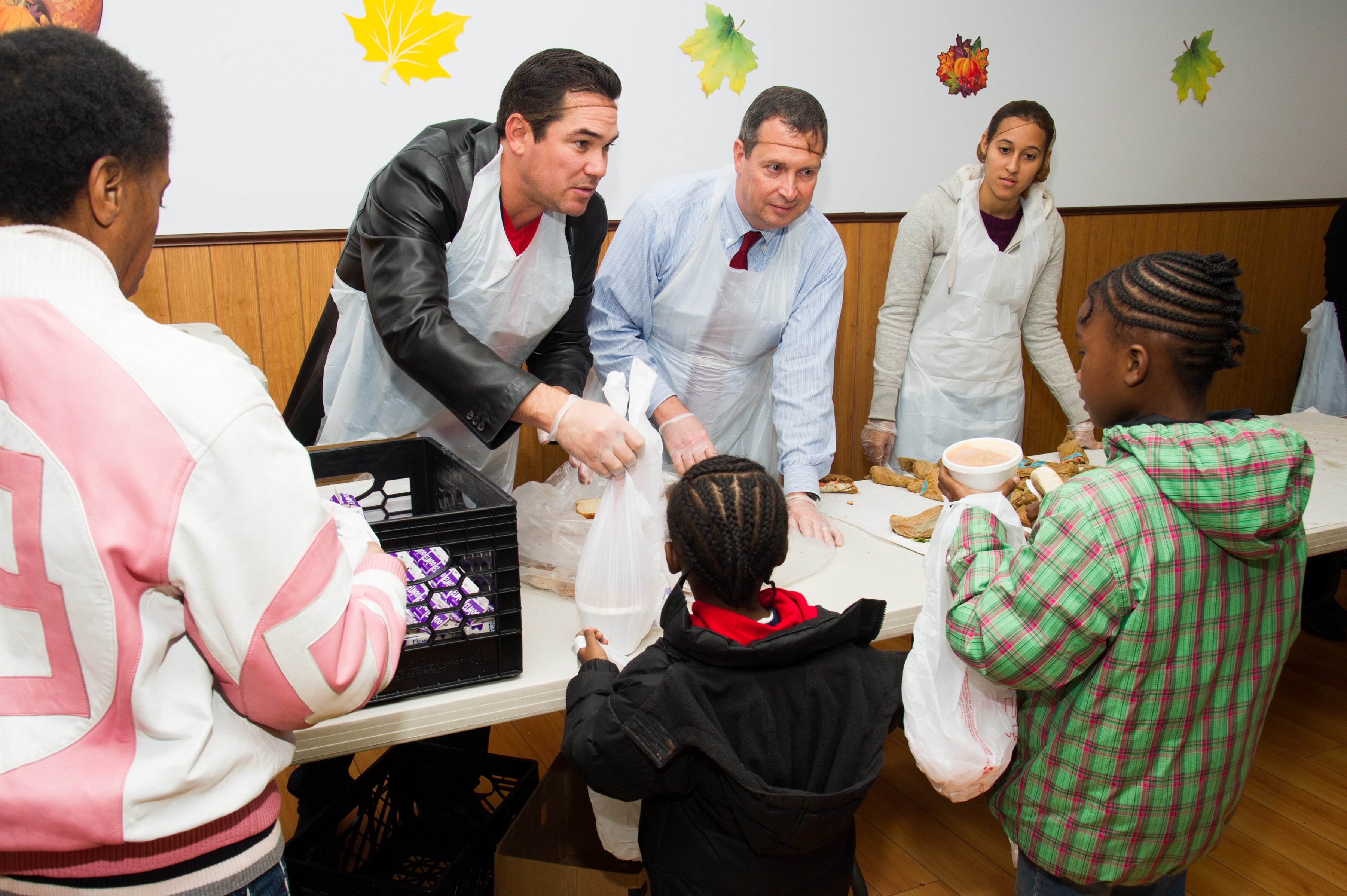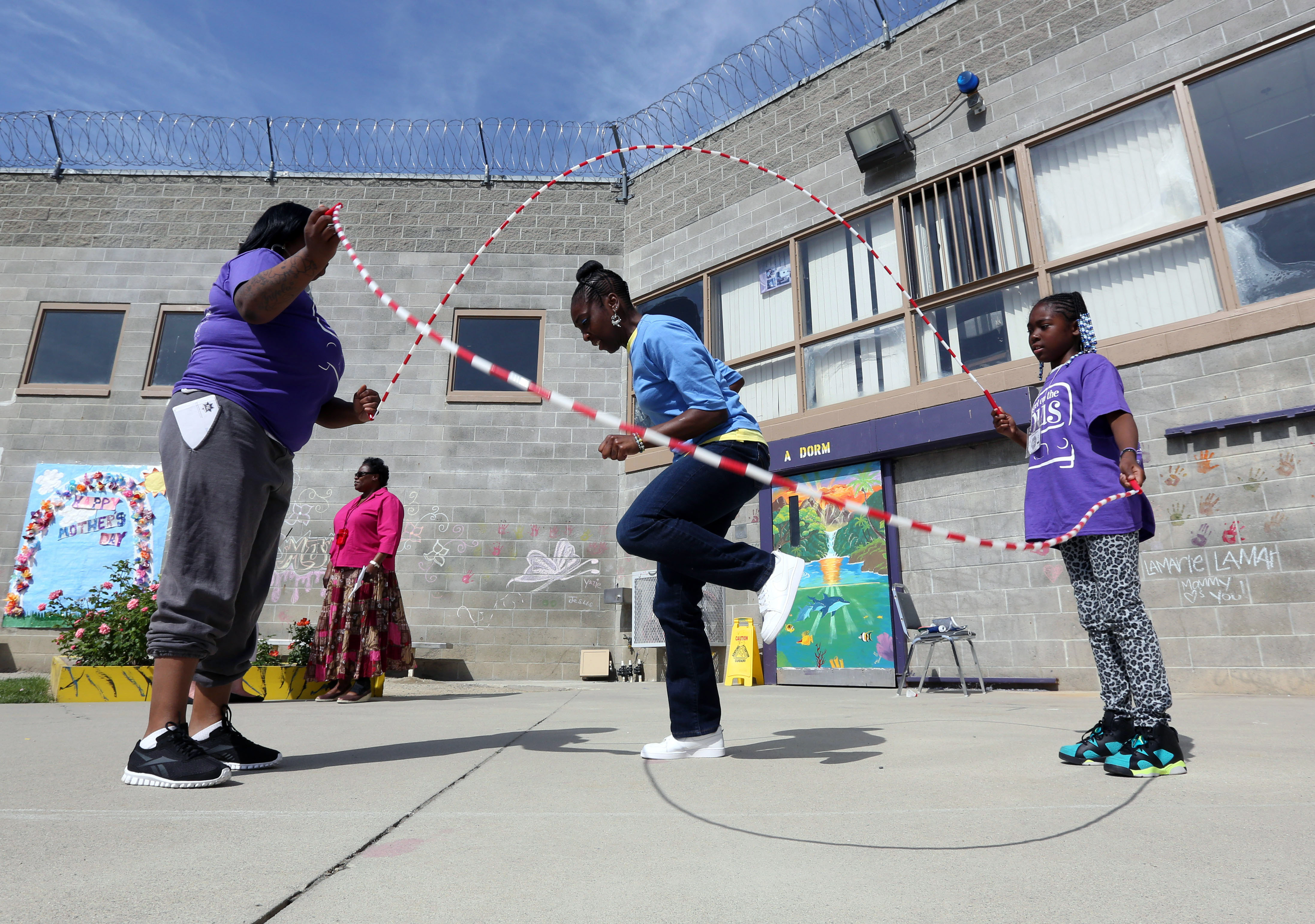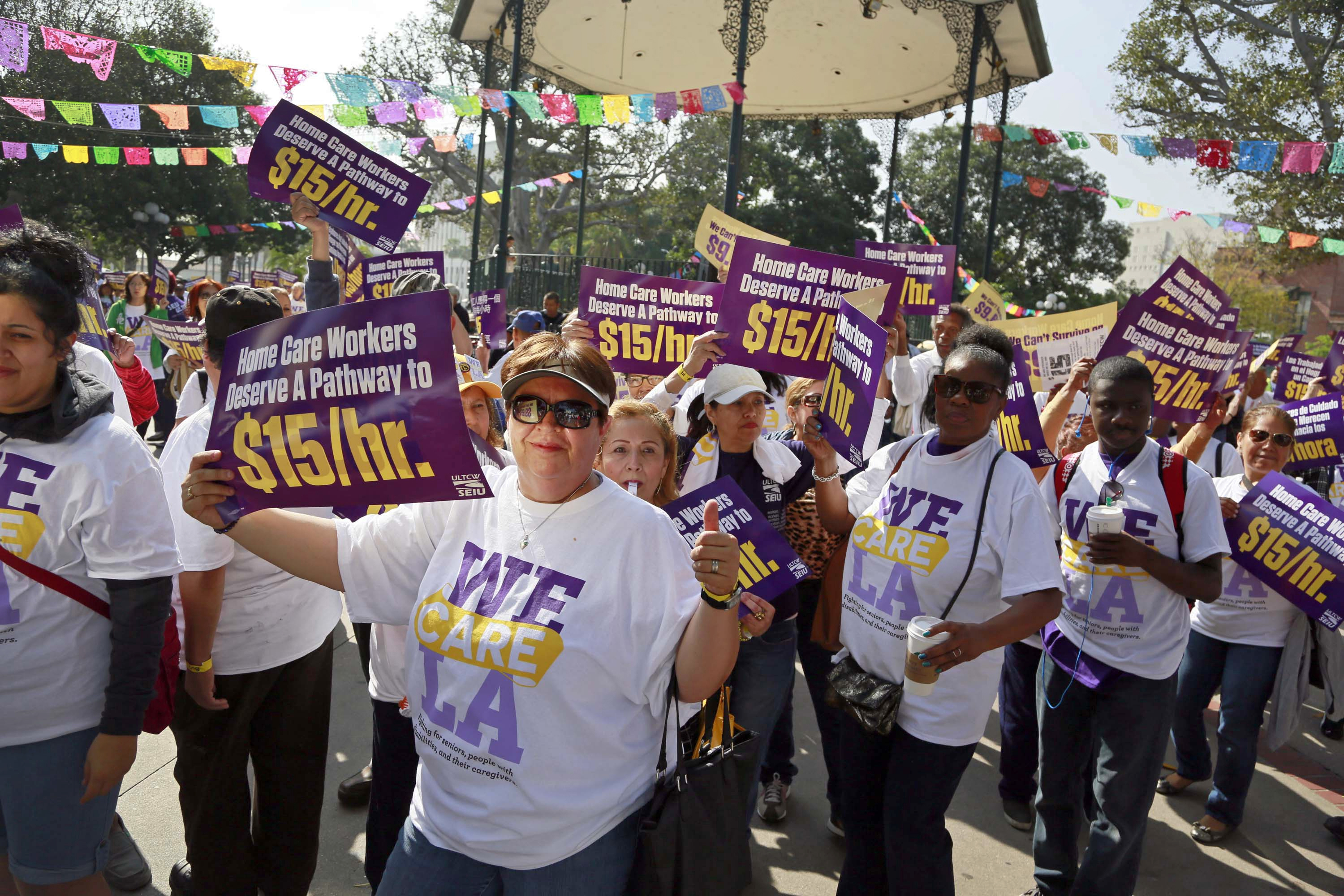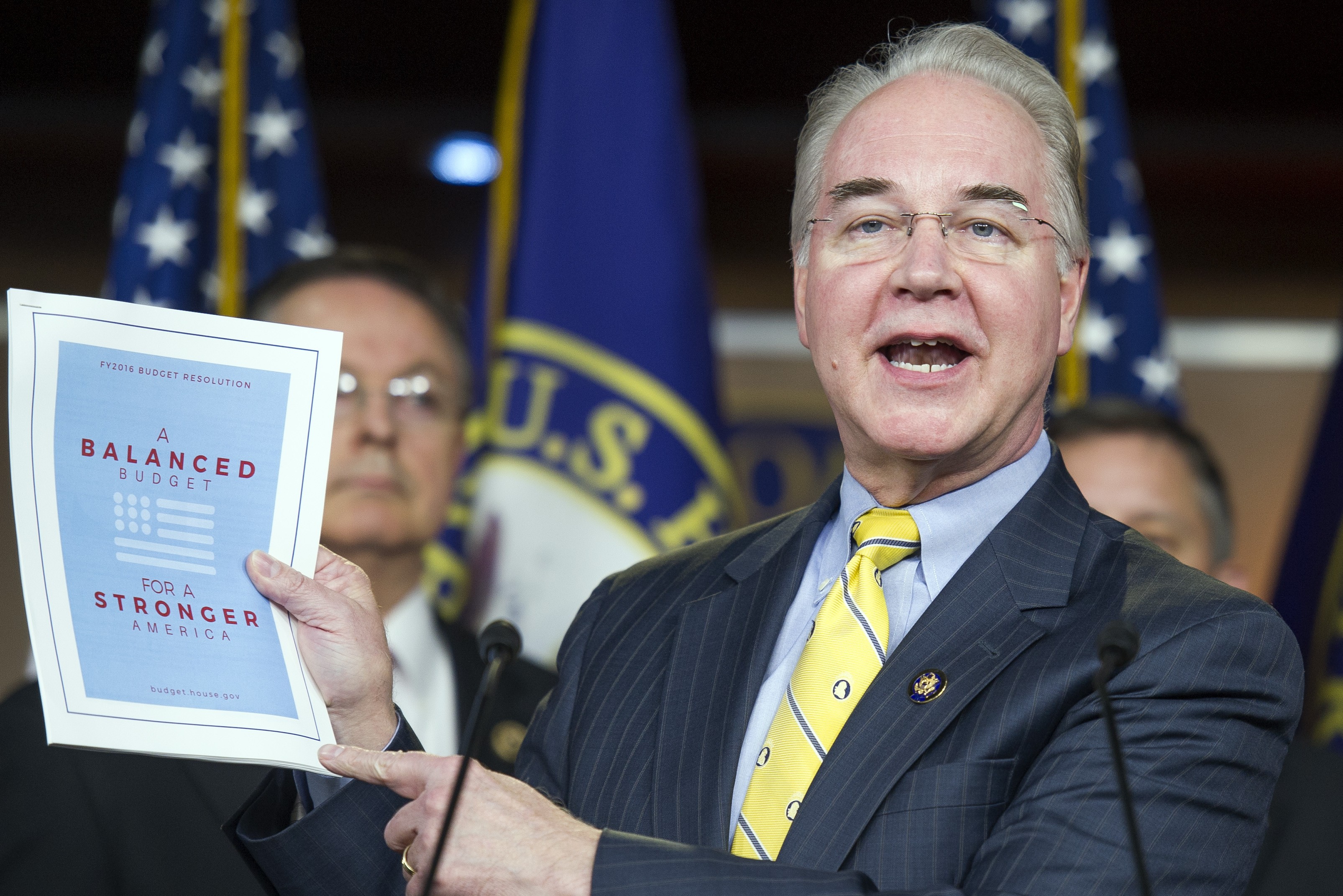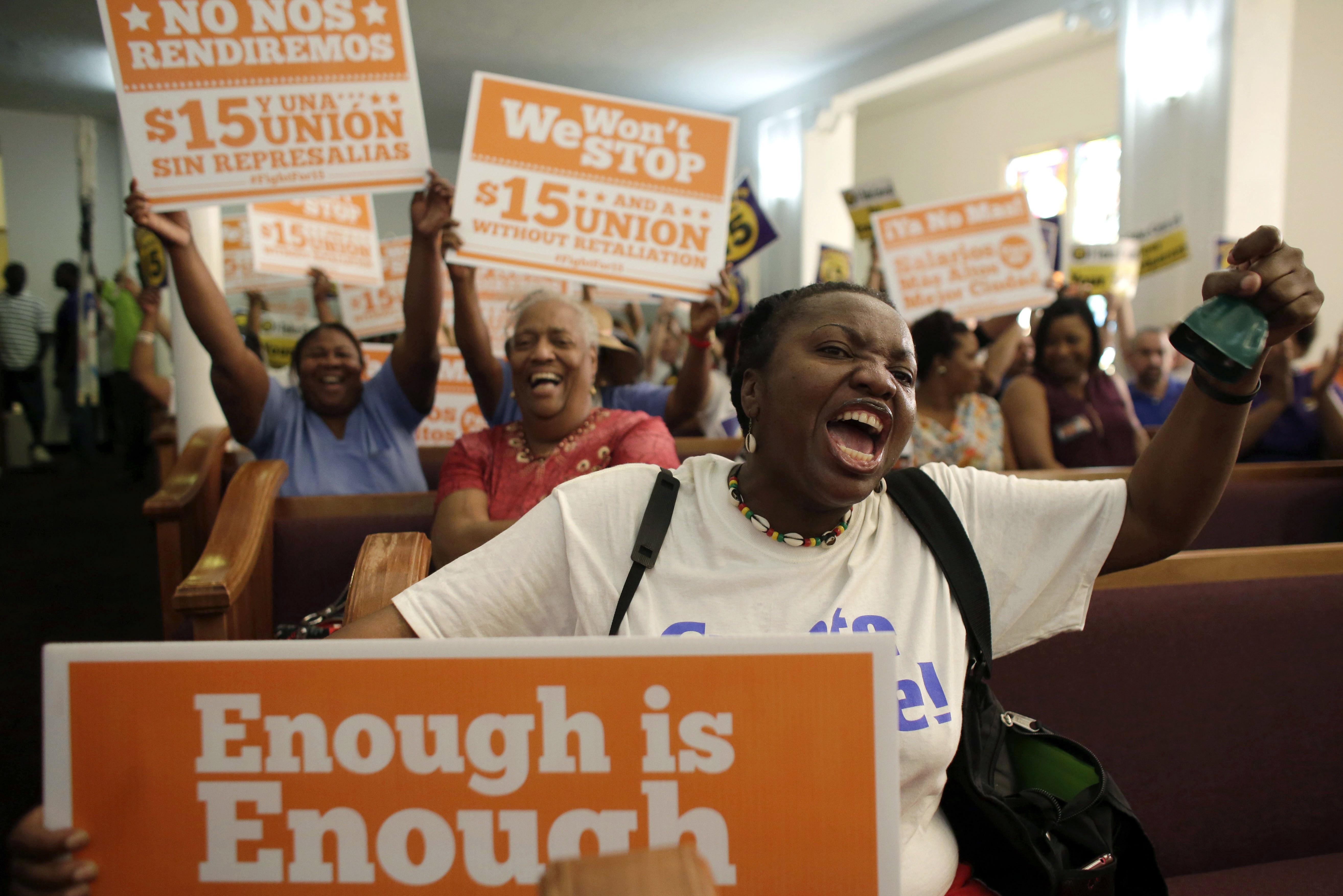One of the recurring—and troubling—themes of TalkPoverty posts has been the overwhelming number of misguided policies that kick people while they’re down: from asset limits that tell poor people not to save, to employers’ use of criminal records that make it hard for people to find a job even decades after an infraction.
In a rare moment of good news, New York City has decided to remove one of these barriers by limiting the use of credit checks for employment screening. Last month, the City Council voted overwhelmingly to pass the strongest measure in the country on this issue, joining ten states. This measure, which Mayor DeBlasio is expected to sign on Wednesday, is a major step forward to rein in a practice that does little for employers while filtering out good employees who run into financial trouble.
Nearly half of employers check credit histories for at least some positions, according to the Society for Human Resource Management. This means that before receiving a job offer, the employer has the ability to comb through your financial history to see if you’ve paid your bills on time, and can choose not to offer you a job if you haven’t. Of course, if you’re having trouble paying your bills—because of a job loss, an illness, an irregular work schedule, or other risks that working families face—being turned down for a job isn’t going to make it easier to pay your bills or improve your credit. And so the cycle continues.
Meanwhile, credit reporting itself has its limitations. Roughly one in five credit reports contains errors, according to an analysis by the Federal Trade Commission. And the information in credit reports only reflects part of a family’s financial situation—the part that tends to reflect better on upper-income folks. Mortgage payments count toward a positive credit history—very significantly—but on-time rent payments don’t. And when low-income families pay their regular bills on time—such as rent and utilities—this positive information generally doesn’t go on credit reports, even though negative information such as late payments, nonpayments, and collections ultimately does get reported. So even when families are trying hard to pay bills on time, these bills don’t count in the same way credit cards and loan payments do.
That’s slowly starting to change. There are efforts underway to improve credit reporting to more accurately reflect credit risk and help more deserving borrowers get affordable loans, including a recent pilot where thousands of low-income families living in affordable housing were able to have their rental payments applied to their credit reports and scores. But in the meantime, families are needlessly hurt by a system that misuses financial information to make hiring decisions that hurt those who are already struggling.
To be sure, New York City’s law does have some exceptions for jobs in government, law enforcement, certain finance and tech jobs, and jobs where the employee is in charge of major financial decisions. For these jobs, one can argue that the fears of theft cited when credit screening tools are pitched to companies are more legitimate. (When I worked at the Treasury Department, for example, a credit check was required.) But the City’s new law goes well beyond other states where, for example, handling a certain amount of cash could be considered an exception. And it comes close to two bills introduced in the last Congress: one bill by Senator Elizabeth Warren (D-MA) limiting credit checks to jobs requiring a security clearance, and a bill by Rep. Steve Cohen (D-TN) with added exemptions for some government and banking jobs.
The federal government has been catching on as well. Last fall, the US Department of Labor issued new guidance warning employers that the use of credit reports may be discriminatory. Policies designed to screen for people working in high-level positions shouldn’t apply to most jobs, never mind that even Bernie Madoff probably had a stellar credit history for most of his career.
We should follow New York’s example to keep credit reports where they belong—in the financial marketplace—and not as another barrier to hold people back from jobs and financial security because of past decisions or financial distress.


